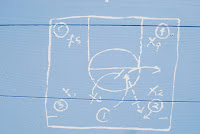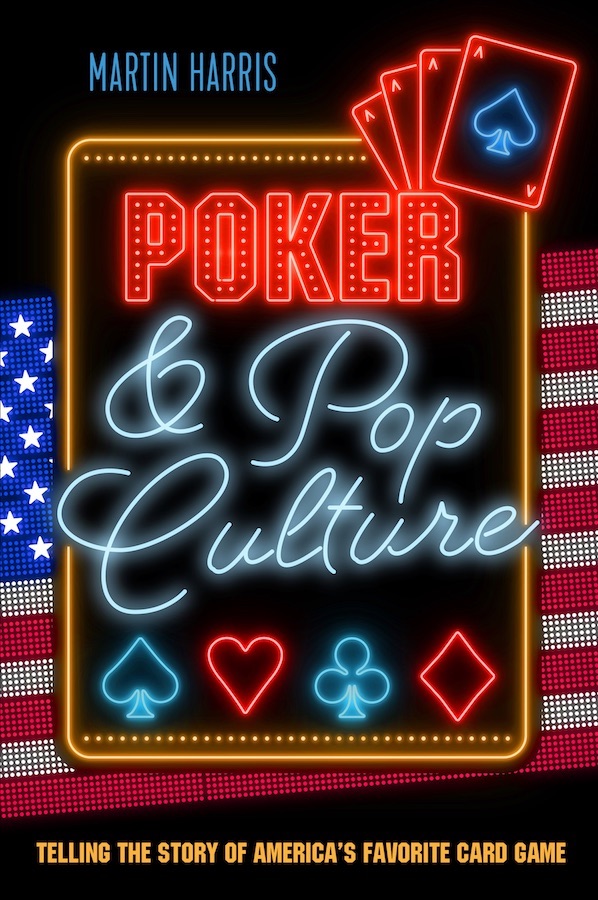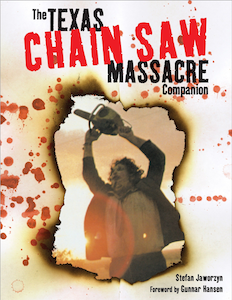The Old Stall Re-Stall
 Saw something kind of interesting I’m not sure I’d noticed before while following some of the SCOOP stuff over the weekend. Incidentally, thanks to the turnouts for the final events on Saturday and Sunday, PokerStars Spring Championship of Online Poker ended up exceeding pretty much all expectations regarding total prize pools to push past the $65 million mark, bettering the 2010 SCOOP and in fact becoming the biggest online poker tournament series ever.
Saw something kind of interesting I’m not sure I’d noticed before while following some of the SCOOP stuff over the weekend. Incidentally, thanks to the turnouts for the final events on Saturday and Sunday, PokerStars Spring Championship of Online Poker ended up exceeding pretty much all expectations regarding total prize pools to push past the $65 million mark, bettering the 2010 SCOOP and in fact becoming the biggest online poker tournament series ever.I’ve written here before about the topic of players stalling as the money bubble approaches in online tourneys. The tactic isn’t of much use once they get to hand-to-hand, of course, but sometimes in the bigger field multi-table tourneys you’ll see short-stacked players letting their time banks run down when they get a couple of eliminations away from going hand-for-hand.
The stalling strategy comes up in regular tourneys now and then, for sure, but in SCOOPs and WCOOPs the prize pools are often quite large and so the stakes are higher for those looking at perhaps missing the money. Also, the time banks are usually increased as well for these events, which probably encourages stalling a bit more.
The two-day, $10,300 buy-in SCOOP Main Event kicked off yesterday and attracted 517 players to create a prize pool of more than $5 million. The top 63 got paid, with almost $1 million of that money due the winner. The schedule was to play 20 half-hour levels yesterday, and as they approached the end of Level 20 the field had in fact shrunk enough to approach the money bubble, getting down to 66 with about 20 minutes to go in the night.
There was some stalling happening as the next couple of bustouts happened, although it didn’t seem especially egregious. In any case, they got down to 64 and hand-for-hand, and as it happened a player busted on the very last hand of the night to ensure all of those who made it to today’s Day 2 also made the money.
Anyway, the slowdown that marked the end of the night reminded me of another, more conspicuous example of stalling occurring near the money bubble in an earlier SCOOP event, the $5,200 “high” version of the six-handed, fixed-limit hold’em event (Event No. 34).
Just 62 players played in that one, meaning only the top nine got paid. With 11 left the stalling began in earnest when Dan “djk123” Kelly, down to just over 8,000 chips (five big bets), dipped into his time bank for a good long stretch in a hand where it folded to him in middle position before the flop. Any sort of delay is all the more noticeable in an LHE game, of course, where the decisions aren’t usually as difficult as in no-limit.
Anyhow, at the time Kelly was essentially tied for 9th out of the final 11 with another short-stacked player at his five-handed table, while over at the other six-handed table one player sat in last place with less than 2,000 chips, and Sorel “zangbezan24” Mizzi also was on the short side with a little over 11,000.
 Once I realized Kelly was going to be taking at least a couple of minutes before folding, I took a look at the other table where a similar scene was taking place. The action was on Bryn “BrynKenney” Kenney, who was sitting UTG with a comfortable-sized stack, and he, too, had dipped into his time bank before making any action. Conversation in both chat boxes clarified the situation.
Once I realized Kelly was going to be taking at least a couple of minutes before folding, I took a look at the other table where a similar scene was taking place. The action was on Bryn “BrynKenney” Kenney, who was sitting UTG with a comfortable-sized stack, and he, too, had dipped into his time bank before making any action. Conversation in both chat boxes clarified the situation.“i got 300 seconds too,” typed Kenney over at Kelly’s table. He then explained to his table that “other table is stalling” and “otherwise i wouldn’t be,” adding further that “ive never stalled in my life.”
Mizzi agreed with Kenney that “we alll have to,” and the pair continued to discuss the matter, with a third player, “MaiseE,” joining in as well.
zangbezan24: sick how its come to this
BrynKenney: its a joke always in all the high limit tourneys
MaiseE: ya i know just saying its pointless ;)
BrynKenney: when its 2-3 from the money
BrynKenney: everyone stalls like crazy
BrynKenney: and nobody has any chips after
Was kind of interesting to consider the whole stalling-to-combat-the-effect-of-stalling strategy. From Kenney’s perspective -- i.e., a player with a healthy stack of more than 25 big bets as the bubble approached -- he would rather have everyone play as usual so as to play more hands before the stakes increased and thus lessened (somewhat) the advantage of having a bigger stack.
I suppose, then, that Kenney’s stalling was primarily a tactic meant to discourage Kelly from doing it subsequently. In any case, it certainly negated whatever benefit Kelly was trying to get from stalling. I can’t remember whether or not it worked and Kelly no longer stalled after realizing Kenney (and perhaps others at the other table) were going to stall in return. In the end both Kelly and Kenney would cash, finishing third and fourth, respectively. Mizzi ended up finishing seventh for a min-cash, while those other two short-stacked players referred to above ended up bubbling.
Some players get quite animated over the issue, of course. See for example Daniel Negreanu’s response to stalling in that earlier post of mine on the topic. I also noticed some tweets last night during that final half-hour of play as well from players lamenting the stalling.
Dani “supernova9” Stern (who busted shy of the top 100 in the SCOOP ME), tweeted that the allowing of stalling meant “they are basically making it mandatory, or else you are losing on the bble.” And Jon “FatalError” Aguiar, who made it today’s Day 2 (18th of 63), tweeted “Stalling Championship of Online Poker #SCOOP @pokerstars.”
As Stern points out, by allowing the stalling it has become a somewhat unavoidable part of the game. I guess I’m less bothered by it than some, given how stalling is not presently against the rules (not yet, anyway). Then again, I’m a lifelong UNC Tarheel fan who remembers the days of Dean Smith’s pre-shot clock, “four corners” offense.
 I remember the 1982 ACC tournament final between UNC and Virginia in which the Heels led 44-43 with eight minutes to go, went into the stall, wiped out most of the remaining clock, and managed to win the game 47-45.
I remember the 1982 ACC tournament final between UNC and Virginia in which the Heels led 44-43 with eight minutes to go, went into the stall, wiped out most of the remaining clock, and managed to win the game 47-45. I also barely remember that infamous 1979 game against Duke when the Heels went into the four corners at the beginning of the game and it didn’t work out so well, as the halftime score was 7-0 Blue Devils. (No shinola.) Of course, I have tried to forget that one over the years.
The “four corners” was usually effective, though. And was within the rules. Until they changed them.
Labels: *high society, PokerStars, SCOOP













1 Comments:
There are a few things that could be done by the site:
1) Vastly decrease the amount of time for pre-flop decisions when you are 5% of the field away from the money.
2) Change the payouts so as to decrease the incentive: extend the payouts by paying, say, 80% of buy-in, then 50%, 30%, on down to 10%. This would mean there isn't a huge jump of pay form zero to 1.3xbuy-in as is typically the case.
I occasionally play tournaments on-line and have "run down my time bank" when it is in my interest to do so. Because it is within the rules it is a legit tactic.
Post a Comment
<< Home